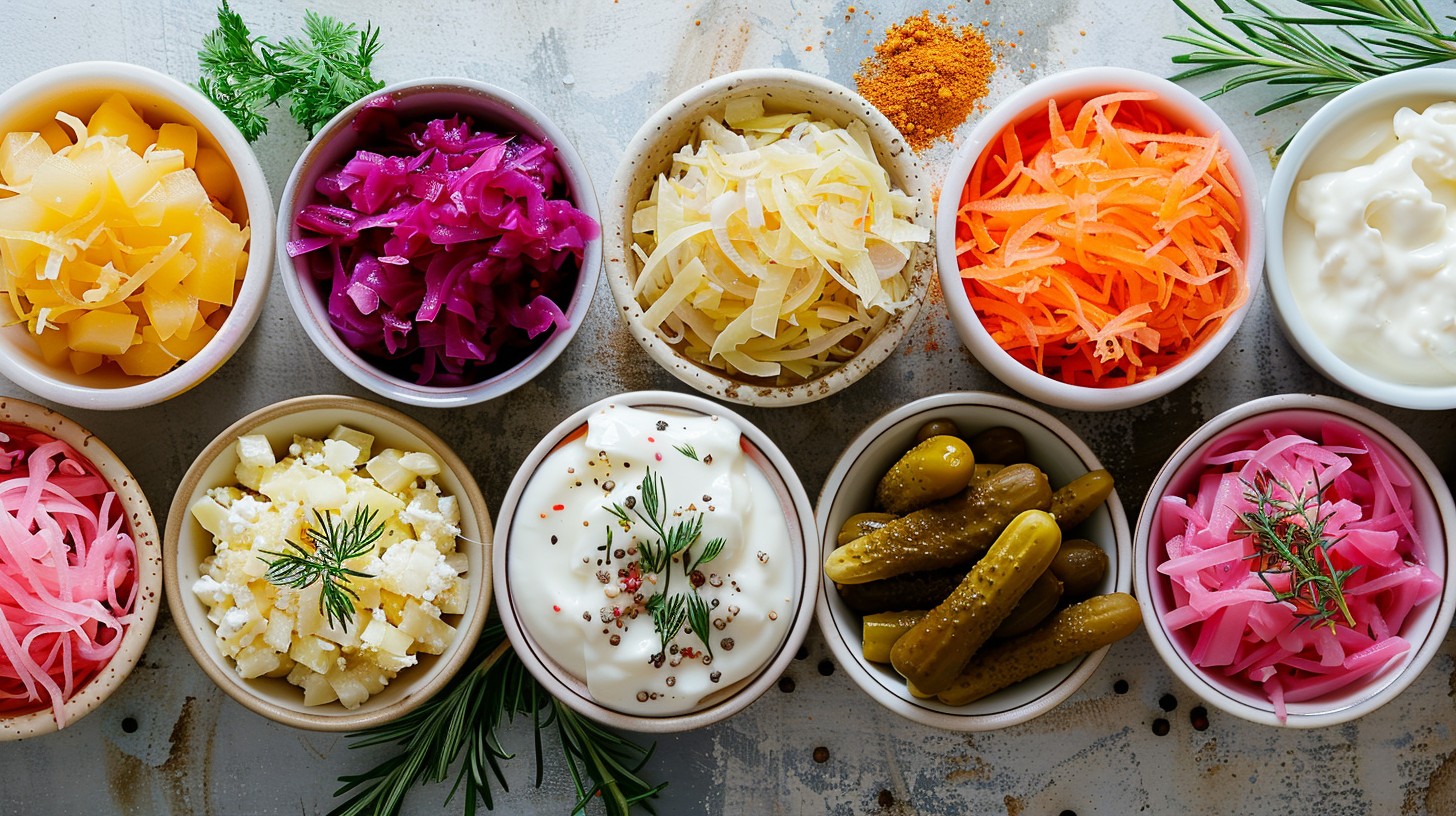

Hello, food lovers! I’m Janet. Hang on tight; we are about to set out on a flavorful journey into the intricacies of how we talk about food. The right words can make a difference in your culinary experiences whether you are dining with friends, enjoying a family meal or munching on a snack. Let’s add some spice to your vocabulary and have you wowing people at your next meal!
A Plethora of Tastes
We all enjoy good meals but how often do we struggle to describe exactly what we’ve just tasted? Let us go through some of the terminologies that may help you express such delicious (or horrible) details:
Sweet, Sour, Bitter, and Beyond
Sweet: Anything sweet for example milk chocolate or cakes or cookies.
Sour: Think of a tangy lemon – foods like sweet and sour pork incorporate this punch well.
Bitter: A sharp taste associated with dark chocolate or black coffee which may not be liked by all.
Salty: Like those irresistible chips or crackers that snapped when I started off today.
Savory: Creamy soups and beautifully seasoned dishes, rich fulfilling mixed salty spicy taste think.
Spicy: No taste as it were but rather more like anything else hot like jalapeno peppers
Delve into Textures
The feel of food is as important as its taste. For certain foods our enjoyment (or distaste) for them lies heavily on the textures they possess.
Crunchy: Do you remember that delightful sound when biting into an apple? That’s how crispy it is.
Crispy: Fried chicken or chips that make that satisfying crunch noise in your mouth.
Mealy: It feels odd to chew overripe fruits hence mealy texture.
Mushy: The overly soft ones turn me off e.g. a very old clementine.
Soggy: Is it cereal soaked in milk? That is soggy.
Juicy: The juice from a ripe peach flowing down your labium maxillary would be the ultimate juicy experience.
Tender: When meat is cooked just right, it is very soft and tender to eat.
The Nature of Food Goes Beyond Taste
Sometimes, the food’s general character can greatly influence how we perceive it:
Rich/Decadent: These words often refer to foods that are high in calories and full of taste like a thick slice of chocolate cake.
Heavy: Foods that make you feel like you have eaten too much.
Light: Foods that are not hard on your tongue and belly such as lightly sweetened cakes.
Burned: Overcooked food tastes bitter and charred in burning sensation aftertaste.
Undercooked/Overcooked: A meal can be ruined by meat either barely or fully cooked for too long.
The Perfect Bite
Not only does this understanding foster appreciation of what one eats but also helps communicate about food. Think about how you might describe the textures and flavors you come across next time you’re trying a new restaurant or cooking at home.
Closing Thought
So take time to give thought to the terms that describe your meals next time you sit down for dinner. You will discover that there is an entire language waiting to be explored when it comes to describing things like the sweet aroma of baking cookies, tangy citrus punch in salads or savory soup warmth.
Let’s delve into the world of food! Are there any specific flavors or tastes that you crave or detest? Feel free to drop your comments down here! We are reachable, and let’s continue talking about what it feels like to be in heaven (or hell) at mealtimes!
And don’t forget – food is more than mere sustenance; it is an expedition, a happening, something to relish. Enjoy your meal!

Leave a Reply